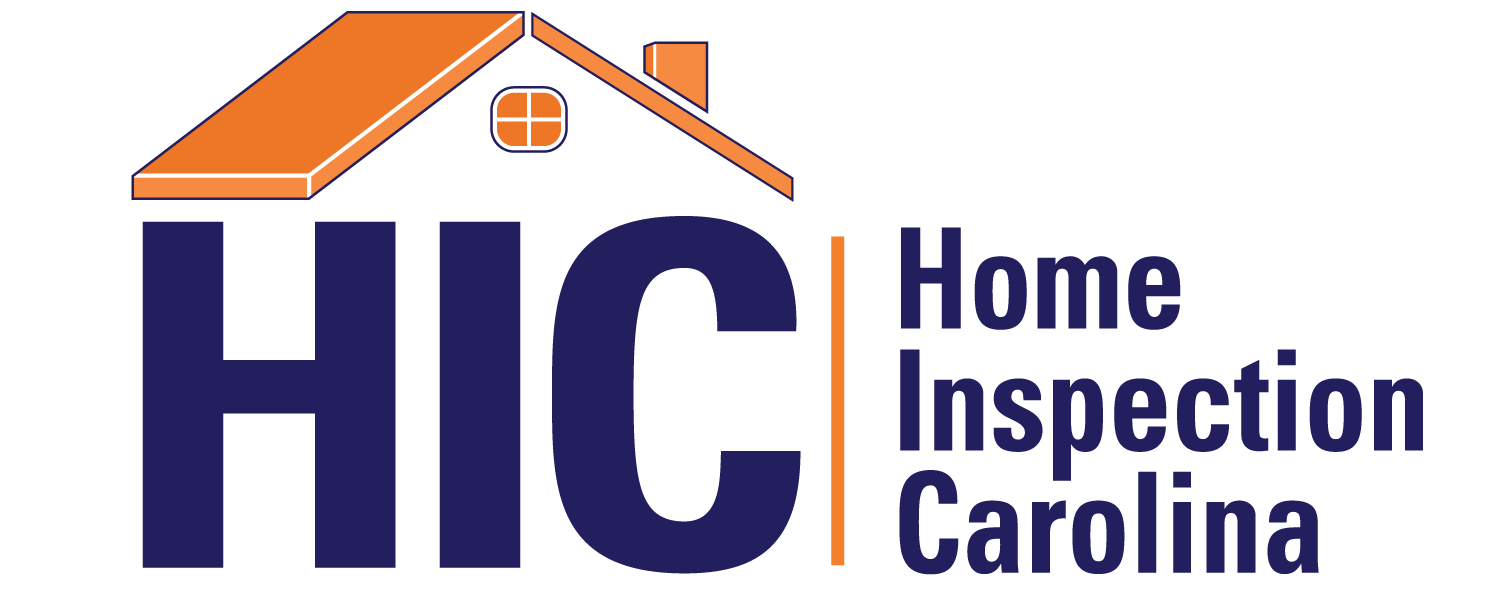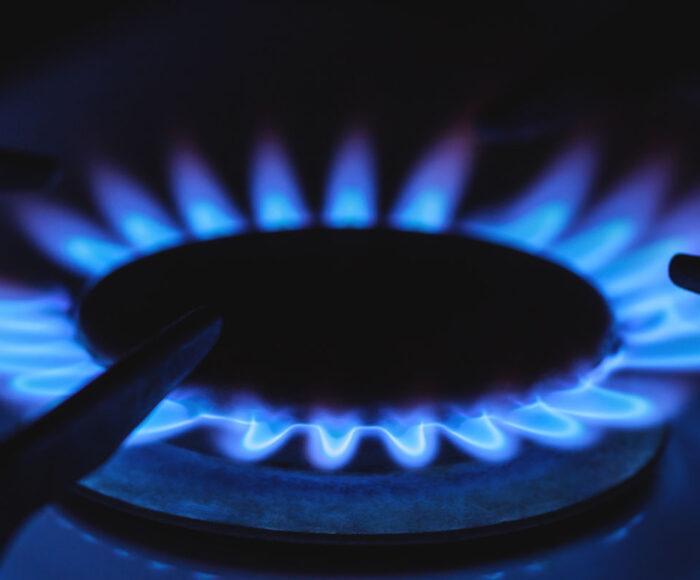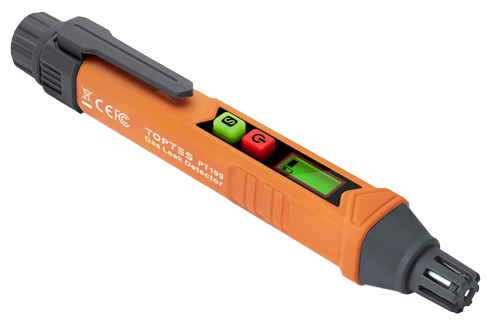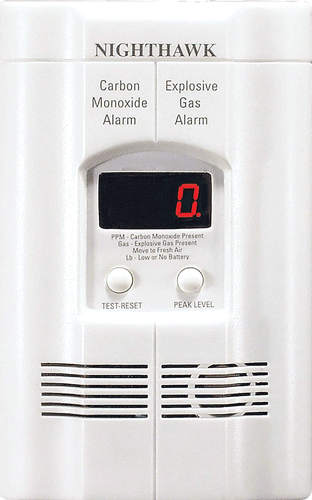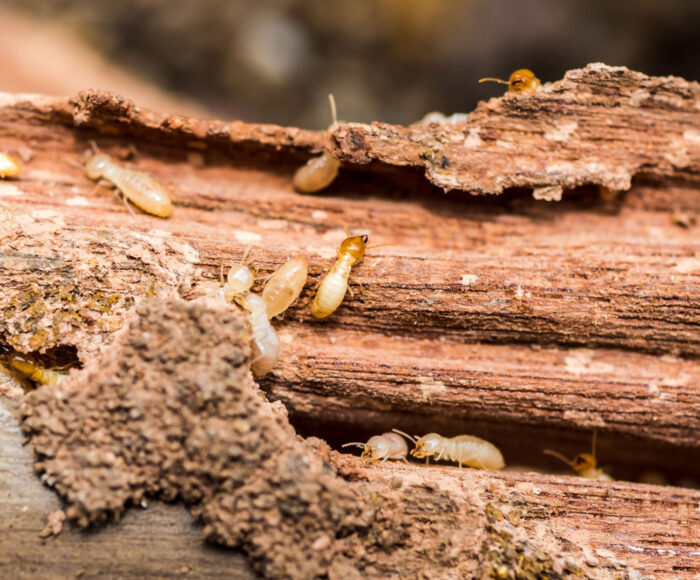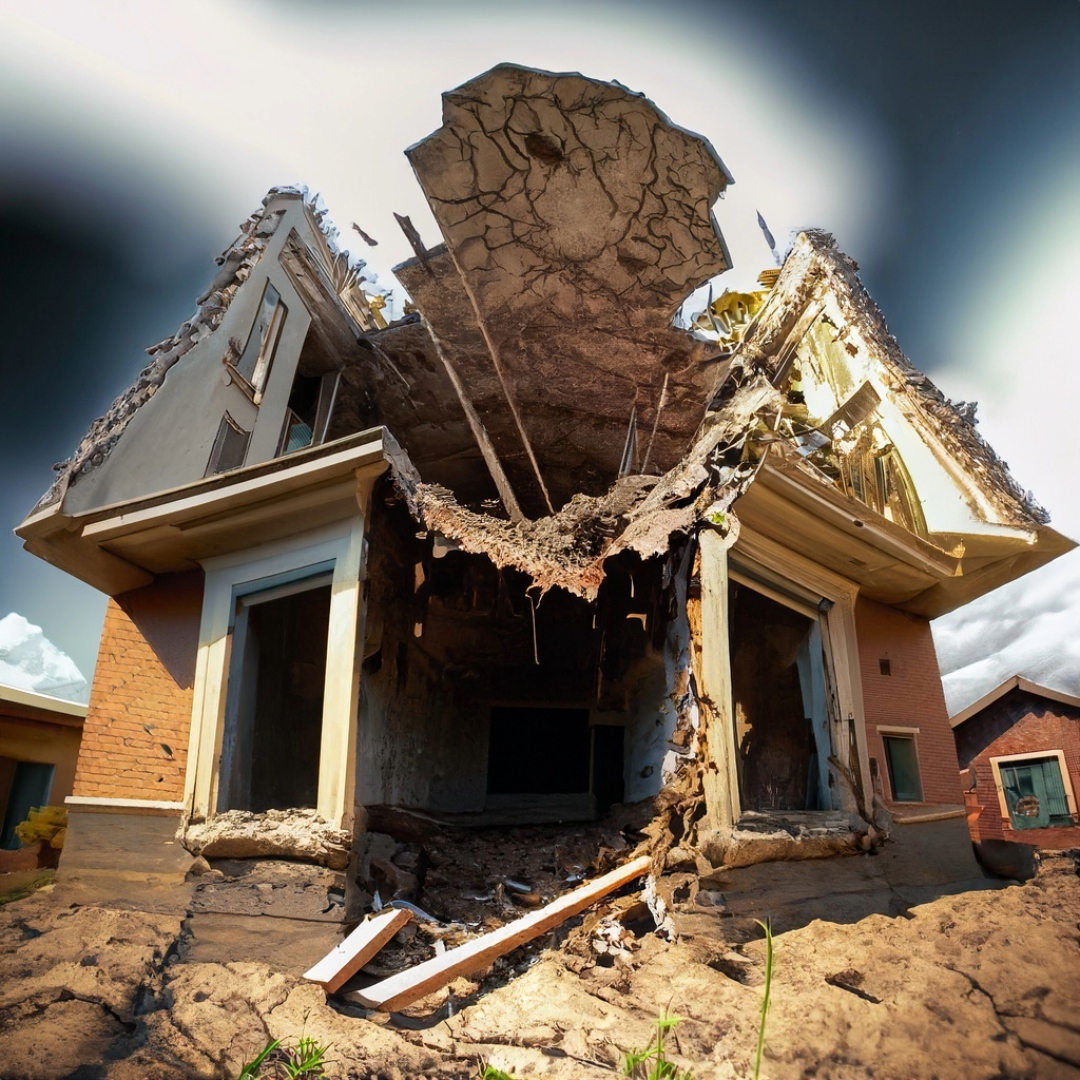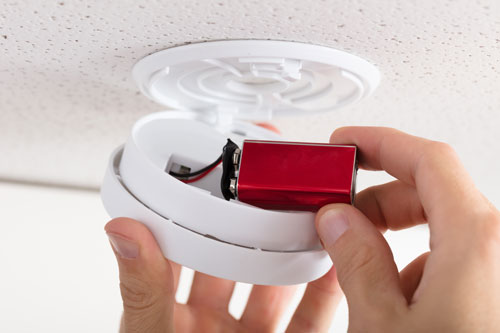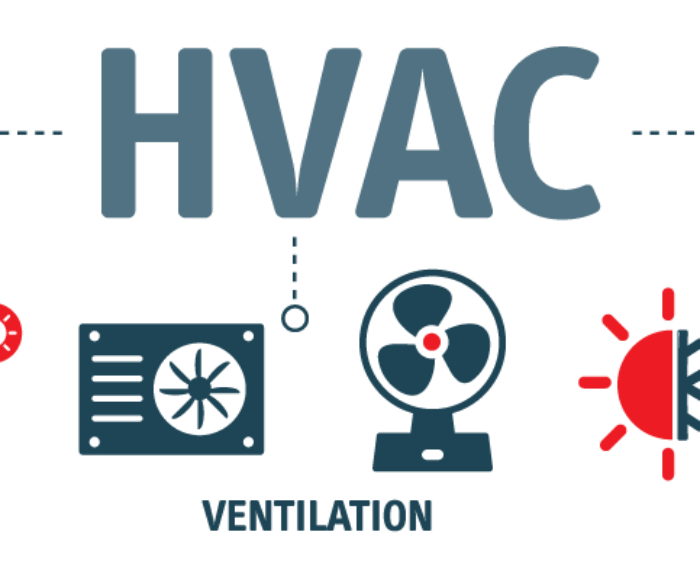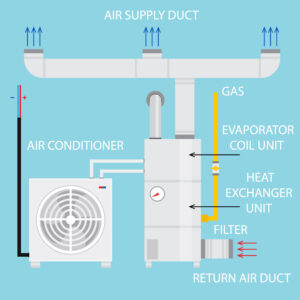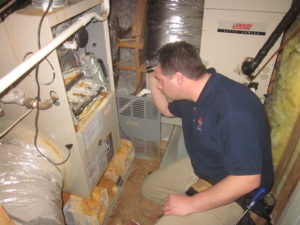Protecting Yourself from Gas Leaks
Safeguarding Your Home: A Comprehensive Guide to Protecting Yourself from Gas Leaks
A gas leak is a potentially hazardous situation that can occur in any household. Whether natural gas or propane leaks, the consequences can be severe, ranging from health risks to fire and explosions. To ensure the safety of you and your loved ones, it’s crucial to be well-prepared and educated on how to prevent, detect, and respond to gas leaks in your home. In this blog post, we will cover essential steps and safety measures you can take to protect yourself and your home from the dangers of gas leaks.
1. Know the Signs:
Recognizing the warning signs of a gas leak is the first step in safeguarding your home. These signs may include:
- A distinct, sulfur-like odor similar to rotten eggs.
- Hissing or hissing sounds near gas appliances or pipelines.
- Dead or discolored vegetation near gas lines.
- Unexplained physical symptoms like dizziness, nausea, headaches, or difficulty breathing.
2. Regular Maintenance:
Ensuring the proper maintenance of gas appliances and lines is crucial for preventing leaks. Follow these guidelines:
- Have a qualified professional inspect and maintain gas appliances annually.
- Regularly check for worn-out or damaged gas lines and connectors.
- Keep the area around gas appliances clean and clutter-free to prevent airflow blockages.
- Replace aging appliances or those showing signs of deterioration.
A Portable gas sniffer is an easy way to check for gas leaks at the source or connections.
3. Proper Installation:
Proper installation of gas appliances and pipelines reduces the risk of leaks. Here’s what you should do:
- Hire a certified professional to install gas appliances and systems.
- Ensure that appliances are properly vented to prevent gas buildup indoors.
- Check that gas appliances have shut-off valves for emergencies.
4. Gas Detectors:
Gas detectors are essential tools for early leak detection. Here’s how to use them effectively:
- Install UL-listed natural gas detectors in key areas, such as the kitchen, basement, and near gas appliances.
- Test detectors regularly according to the manufacturer’s instructions.
- If the alarm sounds or the detector indicates a leak, evacuate your home immediately and call emergency services.
5. Emergency Preparedness:
Being prepared for a gas leak emergency can make a significant difference. Take the following steps:
- Educate your family members on the proper actions to take in case of a gas leak, including evacuation procedures.
- Establish a designated meeting point outside your home for all family members to gather after evacuating.
- Store emergency contact numbers, including your gas company’s emergency line, in an easily accessible place.
6. Responding to a Gas Leak:
If you suspect a gas leak, follow these safety protocols:
- Do not use any electrical devices, switches, or open flames.
- Evacuate your home immediately and avoid using your phone inside the house.
- Once outside, call your gas company’s emergency line and report the leak.
- Do not re-enter your home until a professional technician declares it safe.

Protecting your home and family from gas leaks requires a combination of awareness, preventative measures, and swift response. By knowing the signs of a gas leak, conducting regular maintenance, installing gas detectors, and being prepared for emergencies, you can significantly reduce the risks associated with gas leaks. Safety and the safety of your loved ones should always be your top priority; contact Home Inspection Carolina to schedule a gas leak detection today.
Additional Resources
